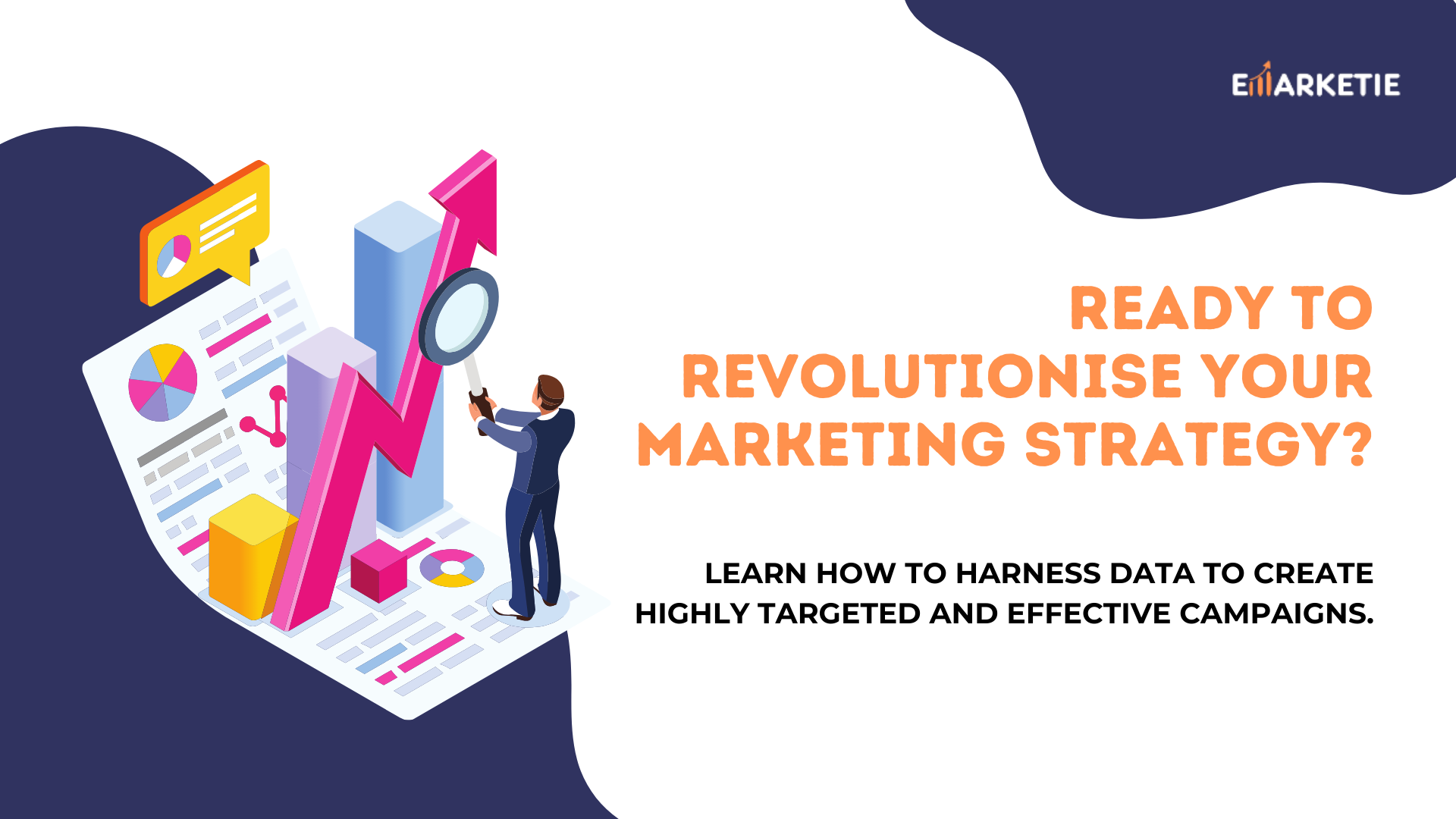In the dynamic digital marketing landscape, data-driven marketing stands out as a beacon of precision and effectiveness. With the advent of advanced analytics tools and technologies, businesses now have unprecedented access to valuable insights about their target audiences. Leveraging this data intelligently can empower marketers to craft highly targeted and personalized campaigns that resonate deeply with their audience. This comprehensive guide delves into the strategies and tactics behind data-driven marketing and how they can be harnessed to create impactful campaigns.
Understanding Data-Driven Marketing
At its core, data-driven marketing revolves around data collection, analysis, and utilization to drive marketing strategies and decision-making processes. By harnessing the power of data, marketers can gain invaluable insights into consumer behaviours, preferences, and trends. This enables them to create more relevant and personalized experiences for their audience, leading to higher engagement and conversion rates.
The Importance of Data in Marketing
In today’s digital age, data has emerged as one of the most valuable business assets. It serves as the foundation for informed decision-making and strategic planning. By leveraging data effectively, marketers can gain a deeper understanding of their target audience, identify emerging trends, and uncover new growth opportunities. Moreover, data allows marketers to measure the performance of their campaigns accurately, enabling them to optimize their strategies for maximum impact.
Harnessing Data for Targeted Campaigns
One of the key benefits of data-driven marketing is its ability to enable hyper-targeted campaigns. By segmenting their audience based on various demographic, psychographic, and behavioural factors, marketers can tailor their messaging and content to resonate with specific audience segments. This level of personalization not only enhances the campaign’s relevance but also increases the likelihood of conversion.
Customer Segmentation
Segmentation lies at the heart of targeted marketing campaigns. By dividing their audience into distinct segments based on shared characteristics or behaviours, marketers can create highly tailored campaigns that address each segment’s unique needs and preferences. This approach allows for more precise targeting and messaging, resulting in higher engagement and conversion rates.
Personalized Content
In addition to segmentation, data-driven marketing enables marketers to deliver personalized content that speaks directly to their audience’s individual needs and interests. By analyzing customer data such as browsing history, purchase behaviour, and demographic information, marketers can dynamically generate content that resonates with each individual, driving deeper engagement and loyalty.
The Role of Analytics
Analytics plays a crucial role in data-driven marketing by providing marketers with actionable insights into the performance of their campaigns. By tracking key metrics such as click-through rates, conversion rates, and ROI, marketers can measure the effectiveness of their strategies and identify improvement areas. This iterative approach allows marketers to continuously refine their campaigns for optimal results.
Predictive Analytics
Predictive analytics takes data-driven marketing to the next level by using advanced algorithms and machine learning techniques to forecast future trends and behaviours. By analyzing historical data and identifying patterns, predictive analytics can help marketers anticipate customer needs and preferences, enabling them to proactively tailor their campaigns for maximum impact.
Implementing Data-Driven Marketing Strategies
While the concept of data-driven marketing may seem daunting, implementing it effectively is within reach for businesses of all sizes. By following a strategic approach and leveraging the right tools and technologies, marketers can unlock the full potential of their data and drive meaningful results.
Data Collection and Analysis
The first step in data-driven marketing is to collect and analyze relevant data from various sources such as website analytics, CRM systems, and social media platforms. By consolidating this data into a centralized database, marketers can gain a comprehensive view of their audience and identify actionable insights.
Marketing Automation
Marketing automation platforms play a crucial role in data-driven marketing by enabling marketers to automate repetitive tasks and workflows, such as email marketing, lead nurturing, and campaign management. By leveraging automation, marketers can streamline their processes, improve efficiency, and deliver more personalized experiences to their audience.
A/B Testing
A/B testing, also known as split testing, is a powerful technique used in data-driven marketing to compare two versions of a campaign or webpage and determine which performs better. By systematically testing different elements, such as headlines, calls-to-action, and imagery, marketers can optimize their campaigns for maximum effectiveness.
Conclusion
In conclusion, data-driven marketing offers unparalleled opportunities for businesses to create highly targeted and personalized campaigns that resonate with their audience on a deeper level. By harnessing the power of data analytics, segmentation, and personalization, marketers can drive meaningful results and stay ahead in today’s competitive landscape.


